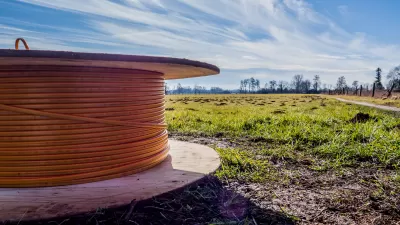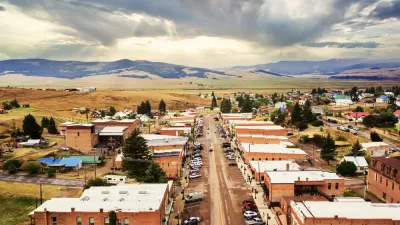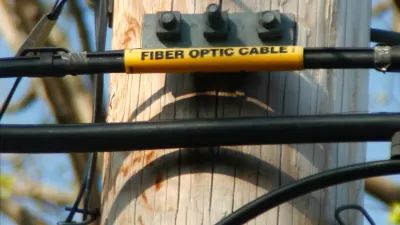The program supports efforts to improve internet connectivity in remote and rural areas.

The Biden administration released details on how funds for broadband infrastructure will be distributed to states under the Broadband Equity, Access, and Deployment (BEAD) program, reports Brian Fung for CNN. “More than $42 billion from the 2021 bipartisan infrastructure law will be distributed to US states and territories for building internet access, the White House said — with Texas eligible for the largest award of more than $3.3 billion, followed by California, which could receive more than $1.8 billion.”
The funding, which includes all U.S. states and territories, is aimed at bridging the ‘digital divide’ that persists in much of rural America, where high-speed internet access remains expensive and often inaccessible.
Maps created by the Federal Communications (FCC) indicate that “7% of US households and businesses, representing 8.5 million physical locations and tens of millions of individual Americans, do not have broadband internet access, which is defined as internet download speeds of at least 25 megabits per second.”
The program “complements another $23 billion across five separate broadband access programs included in the legislation, such as a program specifically aimed at Tribal connectivity and another for low-income households,” as well as a $25 billion broadband investment from the American Rescue Plan.
FULL STORY: Here’s how much each state will get in Biden administration’s $42.5 billion broadband infrastructure plan

Planetizen Federal Action Tracker
A weekly monitor of how Trump’s orders and actions are impacting planners and planning in America.

Map: Where Senate Republicans Want to Sell Your Public Lands
For public land advocates, the Senate Republicans’ proposal to sell millions of acres of public land in the West is “the biggest fight of their careers.”

Restaurant Patios Were a Pandemic Win — Why Were They so Hard to Keep?
Social distancing requirements and changes in travel patterns prompted cities to pilot new uses for street and sidewalk space. Then it got complicated.

Albuquerque Route 66 Motels Become Affordable Housing
A $4 million city fund is incentivizing developers to breathe new life into derelict midcentury motels.

DC Area County Eliminates Bus Fares
Montgomery County joins a growing trend of making transit free.

Platform Pilsner: Vancouver Transit Agency Releases... a Beer?
TransLink will receive a portion of every sale of the four-pack.
Urban Design for Planners 1: Software Tools
This six-course series explores essential urban design concepts using open source software and equips planners with the tools they need to participate fully in the urban design process.
Planning for Universal Design
Learn the tools for implementing Universal Design in planning regulations.
Heyer Gruel & Associates PA
JM Goldson LLC
Custer County Colorado
City of Camden Redevelopment Agency
City of Astoria
Transportation Research & Education Center (TREC) at Portland State University
Camden Redevelopment Agency
City of Claremont
Municipality of Princeton (NJ)





























